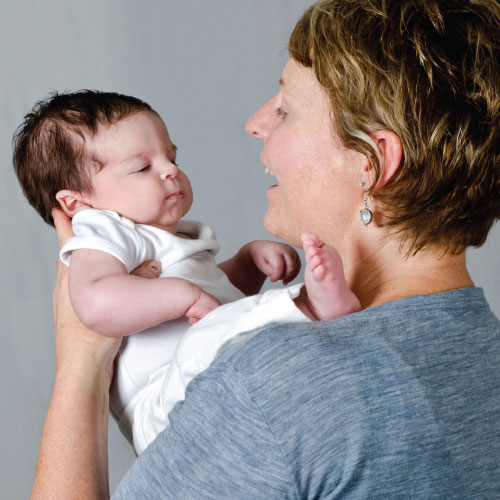Better burping

New parents are often given lots of information about breastfeeding and sleeping but very little about how to wind babies. It's one of those things people assume is simple – just put baby over your shoulder pat her back and jiggle her a bit. Nothing to it, right?
Wrong says postnatal advisor Sharlene Poole and Postnatal Liaison Educator, Philippa Murphy. They believe thorough winding – getting rid of the air taken in while feeding – is vital for all babies. 'Every baby needs to be winded; it's just how much that varies.'
Since setting up her postnatal consultancy service, Little Miracles, winding has become the technique Poole teaches most. Philippa, the founder of Natural Winding consultancy, also teaches parents burping along with how to prevent and cure colic, reflux and inconsolable crying naturally. She say's, "these behaviours are in part, caused by the over-accumulation of wind."
Why is winding important?
As well as causing pain and discomfort, trapped air is often the root of poor feeding, sleeping and settling. And it's a problem which can quickly snowball, resulting in an exhausted, distressed baby and equally exhausted, distressed parents.
When and how often should I wind?
The trick is to make it part of your routine. Don't wait for signs of discomfort (squirming, grunting or crying); pause and give your baby the chance to burp regularly after each feed. A couple of tell-tale signs your baby has wind are a blue/purplish mark above her mouth and/or "she may put her tongue to the roof of her mouth," says Poole. Poole disagrees with the commonly-held belief that breastfed babies need to be winded less often than bottle-fed babies. "They actually need to be winded more; they just don't have as big burps." This is because breastfed babies tend to have lots of little air bubbles while bottle-fed babies have fewer bigger bubbles.
How do you know your baby is well winded?
She should be contented and settle well. If she wakes up unhappy within minutes of going down for a sleep, pick her up and wind her again. Trapped air can give babies a false sense of fullness so if your baby stops sucking and cries or resists going on the second breast, again, think 'wind'. That unsettled period in the evening is very likely the result of an over-accumulation of wind which suggests she hasn't been winded enough during the day.
What causes wind?
Babies accumulate wind through feeding, crying, 'even breathing' says Poole. Both experts agree that some exacerbating factors include a fast 'let-down' which causes a breastfeeding baby to gulp; incorrect positioning on the breast, bottle teats which have a hole to large or too small; and diet. Keep a food diary to see if any particular foods cause her discomfort. Some common windy foods are grapes, raw tomatoes, onion (especially raw) and leeks, large amounts of green veggies in one meal, spicy food, dairy foods, strawberries, kiwifruit and rich and oily foods.
The methods of this article have been removed to avoid confusion as not all are recommended by Philippa.


